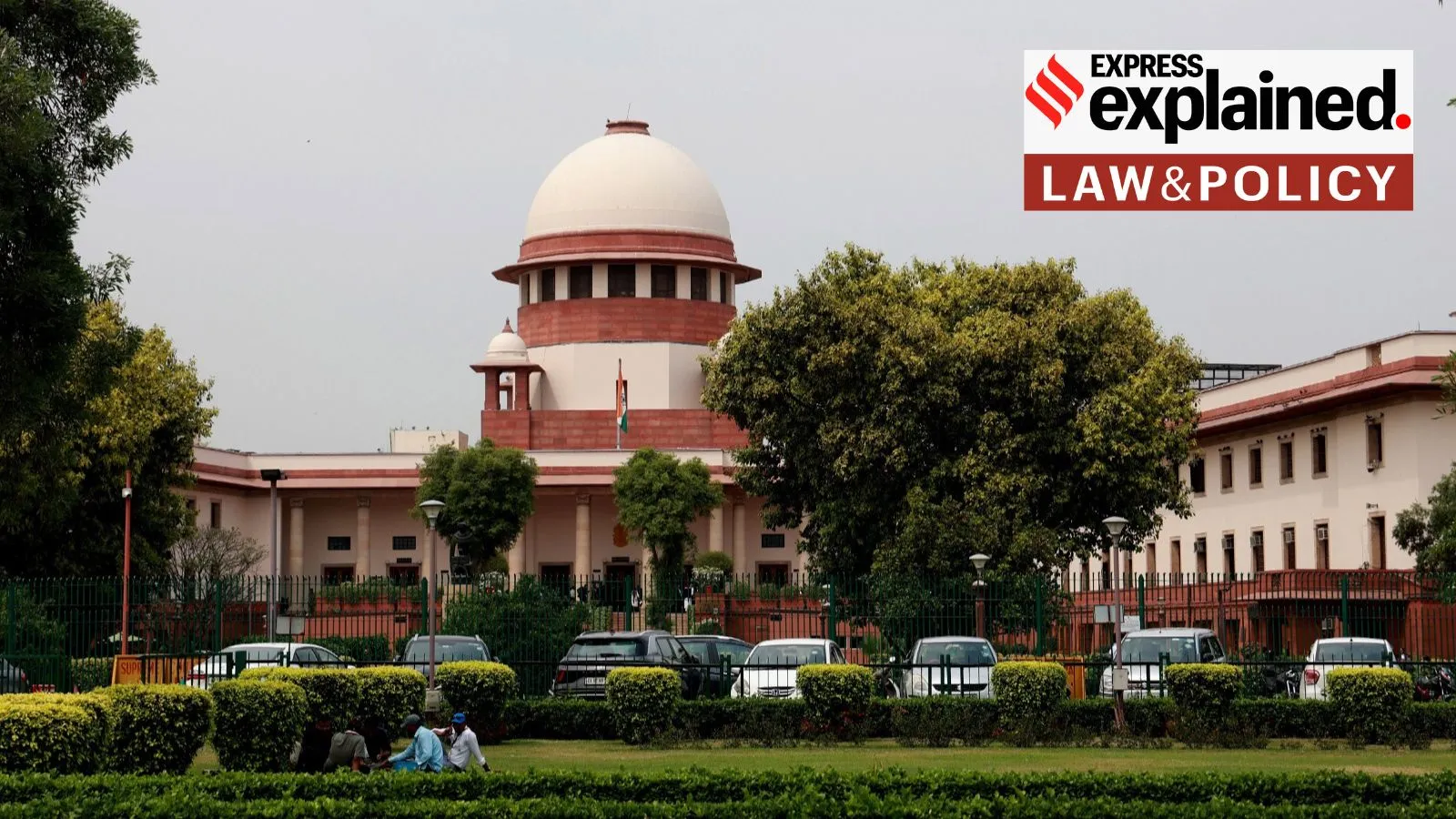 |
|
The Supreme Court of India delivered a significant judgment on Tuesday, upholding the constitutional validity of the Uttar Pradesh Board of Madarsa Education Act, 2004 (Madarsa Act), with the exception of provisions related to higher education. This decision overturned the Allahabad High Court's earlier ruling that had struck down the entire Act, arguing it violated the principle of secularism enshrined in the Indian Constitution. The Madarsa Act aims to establish a legal framework for madarsas in Uttar Pradesh, institutions that provide both religious education in Islamic tenets and practices as well as mainstream secular education, often adhering to the National Council of Educational Research and Training (NCERT) curriculum. The Act established the Uttar Pradesh Board of Madarsa Education (the Board) to prepare and prescribe course material, conduct exams, and regulate madarsa education in the state.
The Allahabad High Court's decision to quash the Act was based on the argument that it violated the fundamental principles of secularism, a core component of India's Constitution's basic structure. The High Court cited landmark judgments like Kesavananda Bharati v State of Kerala (1973) and S R Bommai v Union of India (1994), which established the inviolable nature of secularism within the Indian Constitution. The High Court argued that the Madarsa Act mandated the study of Islam while making modern subjects optional, thereby creating discriminatory educational practices. It further contended that the Act violated the right to free and compulsory education under Article 21A of the Constitution by denying access to “quality” education in modern subjects.
The Supreme Court, however, disagreed with the Allahabad High Court's interpretation and upheld the Madarsa Act on several key grounds. First, the Court emphasized that the “basic structure” doctrine, which safeguards the fundamental principles of the Constitution, primarily applies to constitutional amendments, not ordinary legislation like the Madarsa Act. Citing its judgment in Indira Gandhi v Raj Narain (1975), the Court stated that the basic structure argument was too “vague and indefinite” to be applied for striking down ordinary laws. Second, the Court held that the Act did not inherently violate the principle of secularism as it did not trace its provisions back to specific, discriminatory articles of the Constitution. The Court reasoned that states are empowered to regulate education in minority institutions as long as the regulation is “reasonable and rational,” and the Madarsa Act fulfills these criteria without compromising the minority character of the institutions.
The Supreme Court also referenced Entry 25 of the Concurrent list in the Constitution, which grants both state and central governments the authority to legislate on education, including institutions offering religious instruction. This entry, the Court maintained, should be interpreted broadly, encompassing educational institutions of all kinds, including those providing religious education. The Court further pointed out that its 2014 judgment in a case challenging the constitutionality of Article 21A (the Right of Children to Free and Compulsory Education Act, 2006) held that the RTE Act should not apply to minority institutions to prevent the erosion of their minority character. This precedent, the Court argued, refuted the High Court's claim that the Madarsa Act violated the right to education.
However, the Supreme Court did agree with the High Court's assessment of the Madarsa Act's provisions concerning higher education. It struck down Section 9 of the Act, which empowered the Board to prescribe coursework, conduct exams, and grant degrees for Kamil and Fazil courses (equivalent to bachelor’s and postgraduate degrees, respectively). The Court reasoned that this provision conflicted with the University Grants Commission Act, 1956 (UGC Act), which stipulates that only universities established by central or state acts or recognized by the UGC are authorized to grant degrees. This decision maintains the UGC Act's regulatory framework for higher education in India.
The Supreme Court's decision in the Madarsa Act case has far-reaching implications for education policy and minority rights in India. It acknowledges the state's right to regulate education in minority institutions while upholding the constitutional principle of secularism. The Court's emphasis on the “reasonable and rational” nature of regulation sets a precedent for future discussions on the intersection of education, religion, and minority rights. The decision also underscores the importance of respecting the autonomy of minority institutions while ensuring that their educational offerings are consistent with national standards and regulations.
Source: Why the Supreme Court upheld constitutional validity of UP Madarsa Act, 2004
